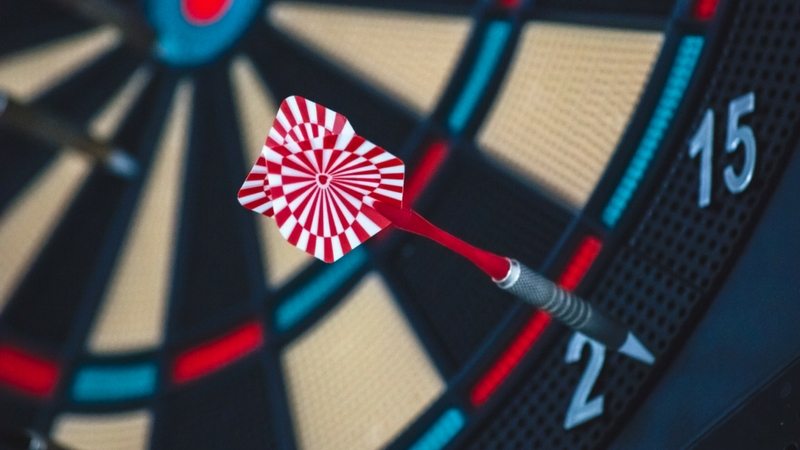Utility—What Is It?
Episode #4 of the course Thinking morally: An introduction to utilitarianism by Jack Coulson
As you will recall from Lessons 2 and 3: Act Utilitarianism tells us to act in the way that will maximize utility. We also know that the definition of utility has changed over time (from Bentham’s happiness principle to Mill’s more nuanced idea). Since Mill, many more developments have taken place, and there is still no consensus on utility. Let’s consider why things have had to develop.
The idea that utility is just “happiness” creates problems for utilitarianism. If I hooked myself up to a lifetime supply of morphine, then I would be very happy. However, I wouldn’t achieve anything, and my happiness would be empty and artificial. It would seem that I would be better off not on morphine, but finding happiness through my passions and pursuits.
J. S. Mill thought exactly that. He claimed that the utility of, for instance, the study of philosophy was greater than the enjoyment of pub games. His example was “push pin,” the rules of which have been lost since his time. This has been seen as elitist and wrong by many. Why should my enjoyment of darts be considered “lesser” than my academic study?
Mill’s point has a lot of intuitive appeal; we can understand that there is a special pleasure in achieving our ambitions and “bettering” ourselves. Few would argue that the happiness one gets from getting very drunk is “better” than the happiness of passing an important exam. However, Mill’s more complicated view of utility makes it hard to calculate and compare. What is the happiness of 50 nights of drunken partying compared to getting a degree? Many will have experienced both of those things (almost simultaneously), and while most would say the degree was more important for their lives, it is not clear how we calculate the “worth” of the two.
Preference Theory
In the modern age, Hare, Singer, and others have brought forward our conception of utility. Many modern theories define utility in terms of preferences satisfied. This is similar to the way economists define utility: Economists see our spending habits as “revealing” our preferences, as we buy/sell in a way to maximize the things we want to own and do. This “preference” based idea is helpful for many reasons, but a key reason is that it means utility can be measured because people can express their preferences. More importantly still, preferences are unique to individuals. The things that increase my utility will be different to the things that increase yours. That fact is intuitively obvious, but MIll’s theory can be read to tell us that philosophical study is always better than playing darts, but preference theory means that darts is better if I genuinely prefer darts.
As should be clear, “utility” is a disputed concept. Utilitarian theorists agree that we should aim for “better” outcomes and that this “betterness” is defined by human experience (or indeed, the experiences of any sentient species—animals have utility too). However, what exactly utility is, or how it should be considered, is difficult to say in marginal cases. Being given ice cream is better than being tortured, obviously. Is enjoying a party a few more hours now likely to bring me more utility than avoiding the hangover that comes later? Harder to say.
Act Utilitarianism, then, while simple on its face, is complicated by two problems. It is hard to be sure what utility is, and even if we accept one definition, actually predicting the outcome of our actions is very hard.
Tomorrow, we will learn about a few more problems with Act Utilitarianism.
Recommended book
Moral Thinking: Its Levels, Method, and Point by Richard Mervyn Hare
Share with friends

